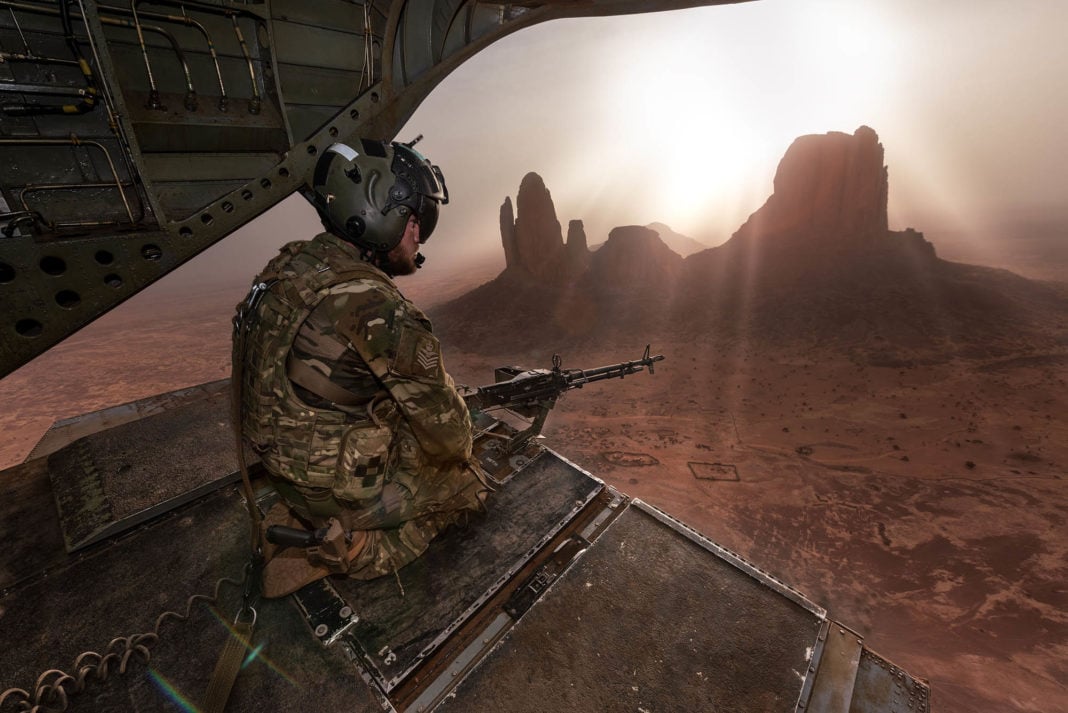Away from the Ukraine war a race between the superpowers has begun in Africa. The USA, China, the EU and Russia are vying for natural resources, security and power. An analysis by IFK expert Gerald Hainzl.
Russia’s invasion of Ukraine has had a variety of effects on the global security structure. The attack is causing polarization worldwide, new uncertainties and economic difficulties. This is also the case in Africa, where many grain and fertilizer supplies have been unavailable for months, the supply of fossil fuels is no longer seamlessly guaranteed and the population is confronted with rising prices. This is causing instability and new uncertainties, which are now increasingly being exploited by the major powers in their race for influence and power.
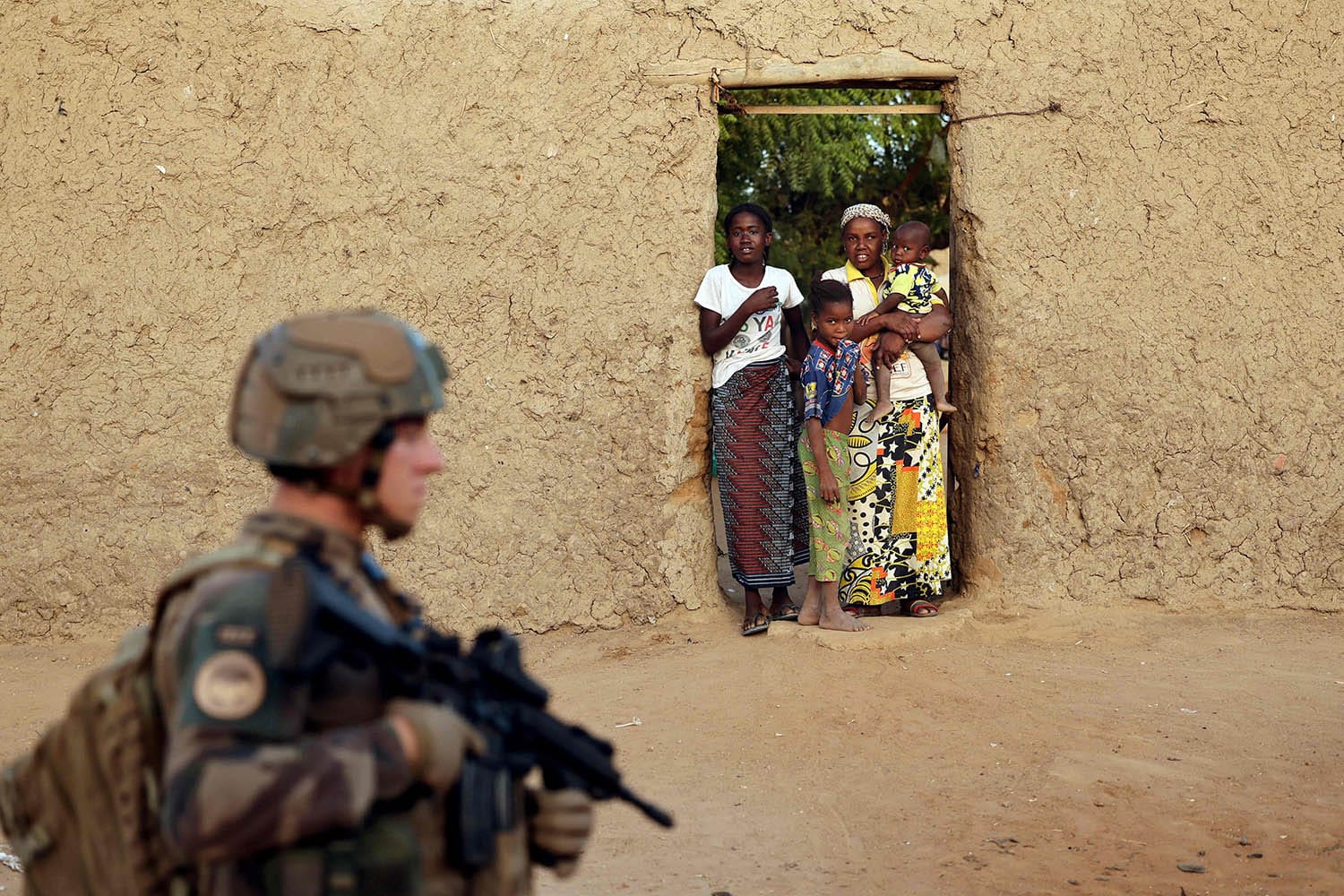
Almost as in the days of the Cold War, the USA, China, Russia and the European Union are currently vying for influence from the Gulf of Tunis down to the Cape of Good Hope. While China in particular attracted attention on the continent as a potential strategic partner for African states at the beginning of the 2000s, the tide has recently turned, particularly in the past year: While increased Russian involvement in Africa has been observed for some time, it has recently moved even more into focus and, in parallel, Washington also seems to have regained its interest in the continent. Over the past decade, Russia has established a presence in Africa primarily through the Wagner Group – the mercenary force serves as a placeholder for Moscow’s geopolitical ambitions. This involvement is often financed through the local exploitation of natural resources, which ultimately serves less development policy measures than the stabilization of Russia-friendly regimes and elites. This hard-nosed and cost-efficient realpolitik can be seen in the low level of Russian investment in African infrastructure or industrial development and Russia’s trade volume with the entire continent, at around 20 billion euros, is even lower than that of Turkey or India. Russian policy therefore focuses primarily on fragile and/or autocratic states such as the Central African Republic, Mali, Sudan, Libya or, more recently, Burkina Faso.
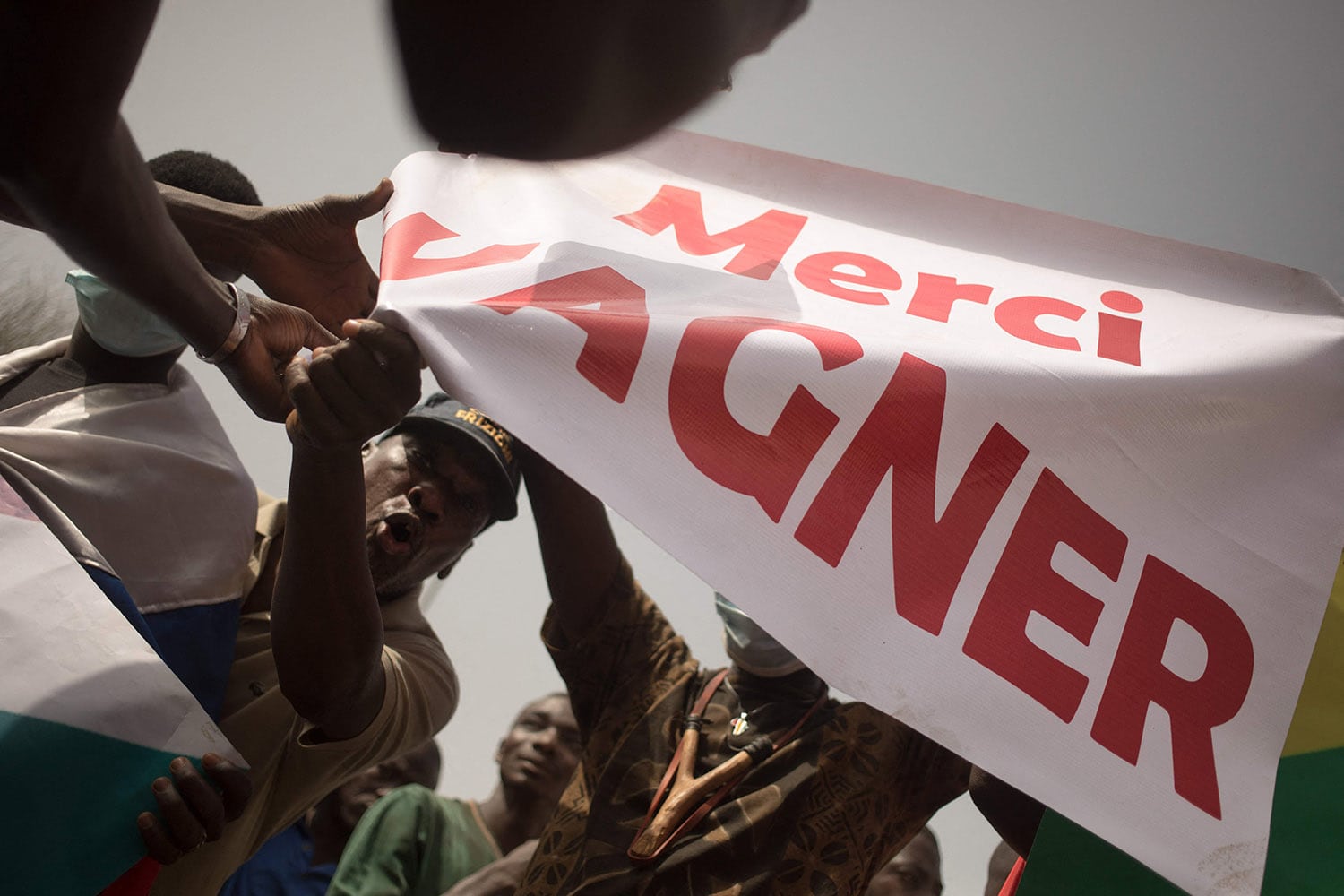
During his most recent trip to Africa, Russian Foreign Minister Sergei Lavrov relied on a neo-colonial narrative, with which he can certainly succeed with parts of the African elite. The fact that he recently met with a positive response in South Africa is viewed negatively in Western countries and, alongside a joint exercise by the South African, Russian and Chinese naval forces, is putting the political reliability of the country at the Cape to the test. https://militaeraktuell.at/sipri-bericht-europas-waffenimporte-deutlich-gestiegen/ The USA is likely to attempt to control its influence via economic incentives. In this context, Treasury Secretary Janet Yellen spoke of “friendshoring” in 2022 and the White House of “ally- and friendshoring”. This refers to strengthening the sustainability of supply chains, which is why these should primarily be geared towards friendly countries in future. The USA, which has been perceived as having less interest in Africa than other players in recent decades, has apparently planned a real diplomatic and political offensive for 2023. In January, the Secretary of the Treasury visited several countries and in December 2022, President Joe Biden announced at the US-Africa Leaders Summit that he intends to visit the continent in 2023, as will First Lady and Vice President Kamala Harris. The Biden administration’s assertion that it will not enter into competition with other powers may sound credible, but it is not only dependent on the USA. Access to the continent’s raw material reserves is too tempting for all players, as the largest reserves of diamonds, platinum, cobalt and uranium, as well as numerous rare earths that keep our modern world running, are stored in Africa.
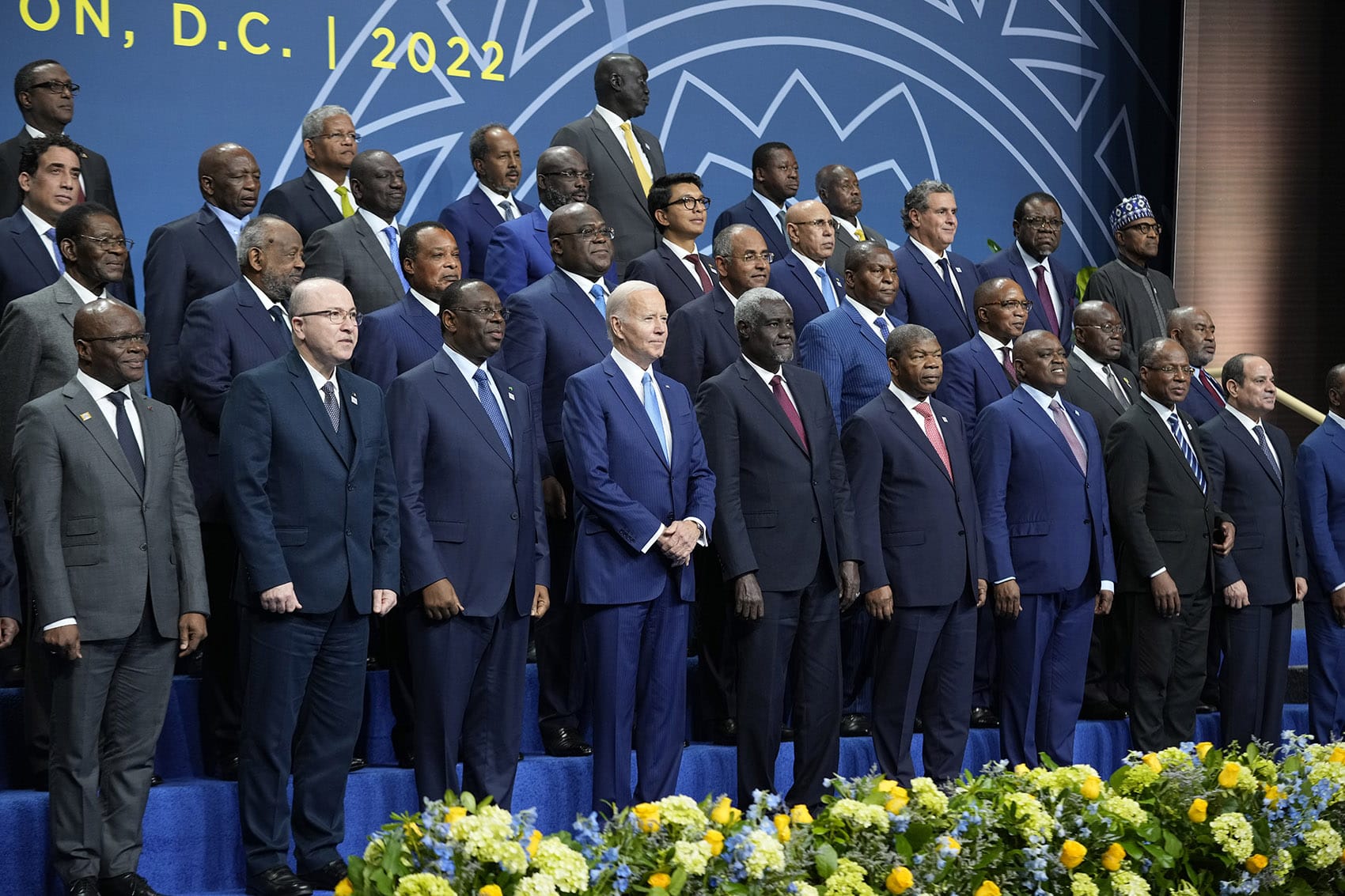
China has proven to be a stable partner for African countries over the past two decades. With the Forum on China-Africa Cooperation (FOCAC), a format was also created around 20 years ago that plays a central role in both bilateral and multilateral relations. China experts assume that the new Chinese foreign minister wants to strengthen South-South cooperation with emerging economies. Many of these are in Africa. China’s trade with the continent reached a volume of around 265 billion euros in 2022 and the trend is rising, even if China’s Africa engine has recently stalled somewhat. The country is confronted with the need to restructure loans from African countries. The challenges here are manifold, as global and regional interests must be reconciled alongside financial considerations. And where is Europe? At the sixth summit with the African Union (AU), the European Union (EU) set goals for a new partnership, the core of which is an investment package of 150 billion euros and which is intended to take into account European interests in the areas of migration and peace and security. However, the joint activities are only part of the picture in which the relationships of individual member states are increasingly being put to the test. After Mali, French relations with Burkina Faso have also deteriorated recently – French soldiers had to leave the country in both states.
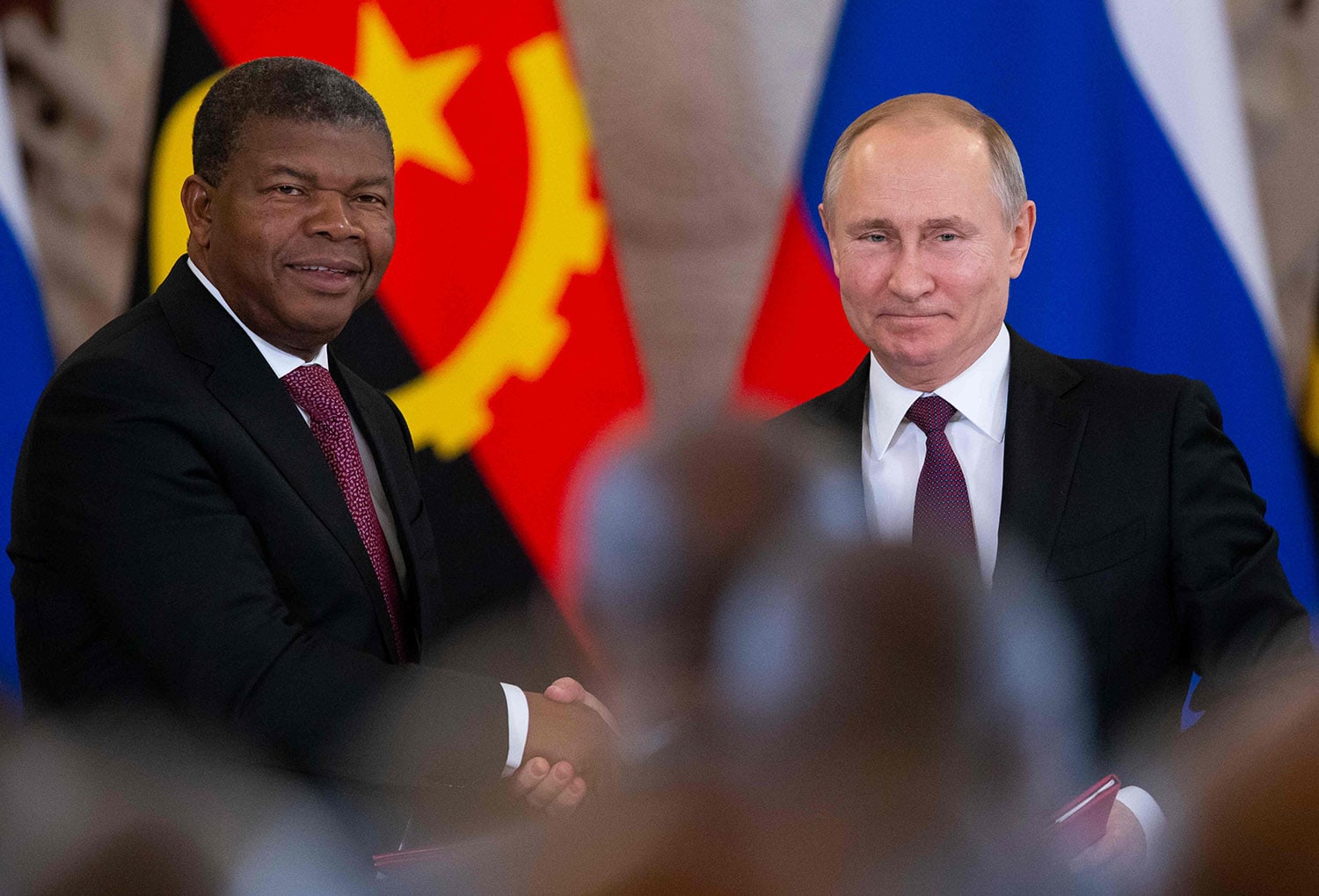
From the point of view of most African countries, the most important thing at the moment is not to get into a situation that forces them to choose a geopolitical side, as was the case during the Cold War. Most governments are more concerned with building long-term partnerships and increasing the number of potential partners. However, despite all geopolitical considerations, it should not be forgotten that the complex developments of African conflicts are not only dependent on external actors. Centrist models and paternalistic policies will ultimately lead to political alienation, as will policies that do not take the needs of the population into account. And the transition to democratic political conditions can only come from populations that do not allow themselves to be decisively guided and manipulated by internal power circles or external interests.

